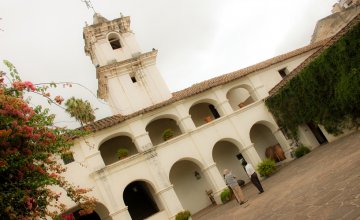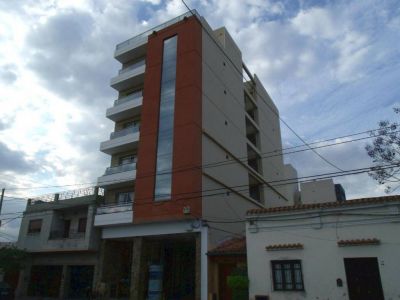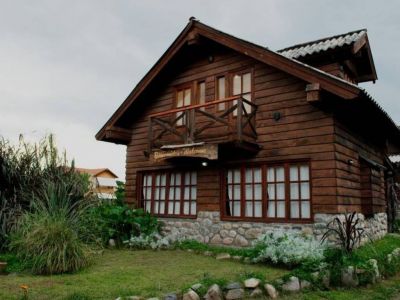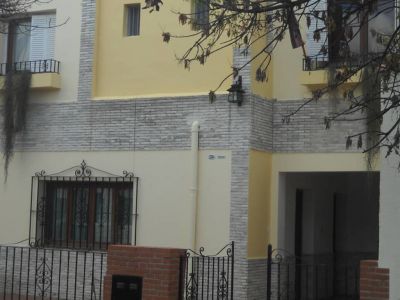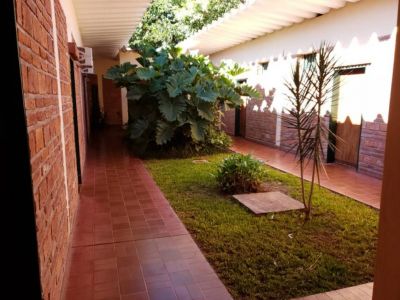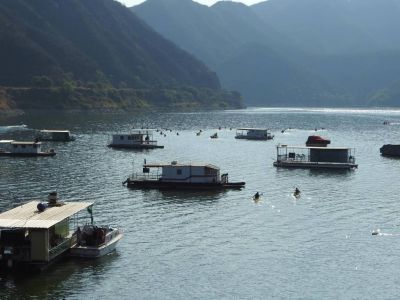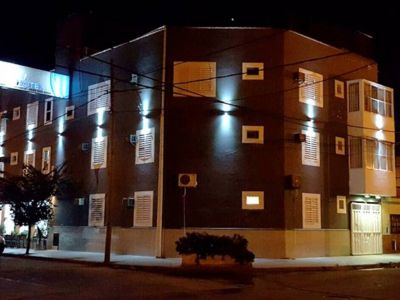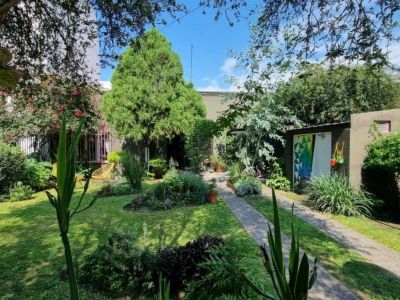There are inseparable trios. Salta, the beauty of the landscapes and the good wine is one of them. Therefore, no wonder the northern province already has, among its many tourist attractions, a Route of Wine made up by more than twenty wineries to be toured around quietly and delightfully.
The circuit begins at the very capital city and goes around Cachi, Molinos, Angastaco, San Carlos and Cafayate, the southernmost point in the province covered by the tour and the one concentrating most of the wineries. Of course the excursion includes the Lerma Valley, the Escoipe Ravine, Cuesta del Obispo (the Bishop's Slope) and the Calchaquí Valleys. Thus, visitors may see the sites where these worldwide known wines of remarkable taste are made.
The famous and traditional Torrontés wine is made in Salta. Its grape is exclusively grown in Cafayate, where delicious Cabernet Sauvignon, Malbec, Syrah and Chardonnay are also produced. Tours around each winery take almost one hour in order to learn everything about the secrets for making these wines.
Believe in the Vines: Salta Wineries
Thus, visits enable tourists to reconstruct all the stages in the process from plantation to crushing and pressing the grape. At several wineries, tourists may even be invited to crush the grapes in the buckets themselves under the attentive look of the workers.
Of course visitors have time to enjoy the most longed for ritual at every vineyard: tasting the final product, which is generally exported to the world.
A Little Bit of History
The relation between winemaking and the Province of Salta is already over three centuries old. In fact, the Jesuits who arrived in these latitudes were the first ones to introduce the vines. Already in the XIX century, a great deal of adventurers who saw the possibility of making use of those lands, so magnifically accompanied by gorgeous colorful mountains, joined this task to settle down their wineries.
In the early 1900s, by virtue of the cumulated experience, the winegrowers understood that as these lands lie at over 1,500 meters of height above sea level and they feature great temperature extremes, finer grapes should be used in order to obtain wines with a unique quality in the world.
Pablo Etchevers
Eduardo Epifanio






